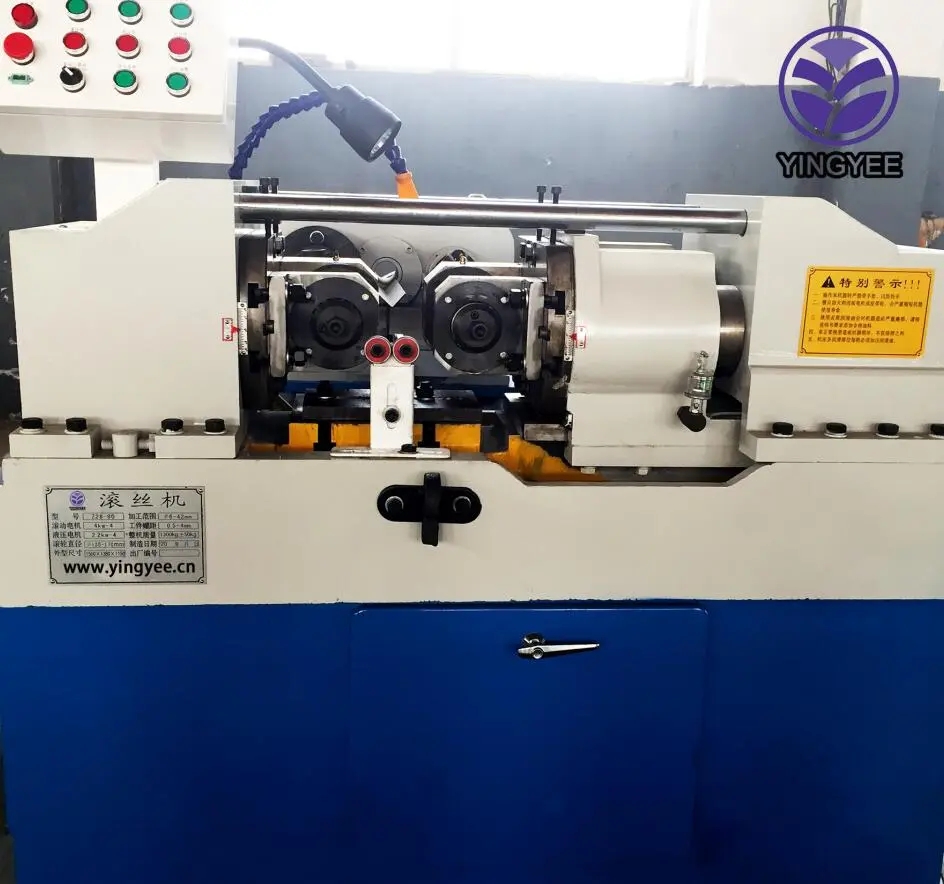
The Mould Cutting Downpipe Roll Forming Machine A Revolutionary Tool for Efficient Production
In the realm of modern manufacturing, efficiency and precision are paramount. One of the innovations that has significantly impacted the production of downpipes is the mould cutting downpipe roll forming machine. This advanced piece of equipment is designed not only to streamline the manufacturing process but also to ensure high-quality outputs with minimal waste.
The mould cutting downpipe roll forming machine operates on the principle of continuous forming. It takes flat metal sheets and progressively shapes them into the desired downpipe profiles through a series of rollers. These rollers are meticulously designed to impart the correct geometry to the material, ensuring that each downpipe meets the specified dimensions and standards required for installation.
One of the key features of this machine is its integrated mould cutting mechanism. Traditionally, manufacturers would form pipes and then cut them to the correct lengths in a separate step, which often resulted in material waste and inefficiencies. With the mould cutting downpipe roll forming machine, the cutting process is incorporated directly into the forming stage. This not only reduces the overall manufacturing time but also minimizes waste, significantly improving the cost-effectiveness of the production process.

Furthermore, this machinery is remarkably versatile. It can handle various materials, including steel, aluminum, and even specialized alloys, allowing manufacturers to meet diverse market demands. Additionally, the machine can be easily adjusted to produce downpipes of different sizes and designs, making it ideal for businesses that cater to custom orders. This adaptability ensures that manufacturers can respond swiftly to changing consumer preferences without the need for extensive retooling or downtime.
The automation aspect of the mould cutting downpipe roll forming machine also contributes to its efficiency. With programmable settings, operators can easily set parameters, monitor the production process, and make real-time adjustments as necessary, leading to a significant reduction in manual labor and the potential for human error.
Moreover, the resulting downpipes are not only produced with precision but also exhibit enhanced durability. The advanced forming techniques employed by these machines contribute to a stronger and more resilient end product, which is essential in roofing and drainage applications.
In conclusion, the mould cutting downpipe roll forming machine represents a significant advancement in manufacturing technology. By integrating the forming and cutting processes, it enhances efficiency, reduces waste, and produces high-quality downpipes tailored to meet customer specifications. As industries continue to evolve and demand higher standards, this machine stands out as an invaluable asset for manufacturers seeking to maintain a competitive edge.